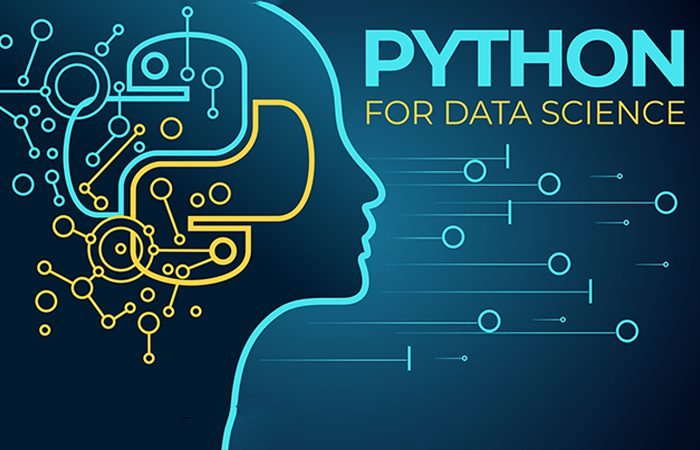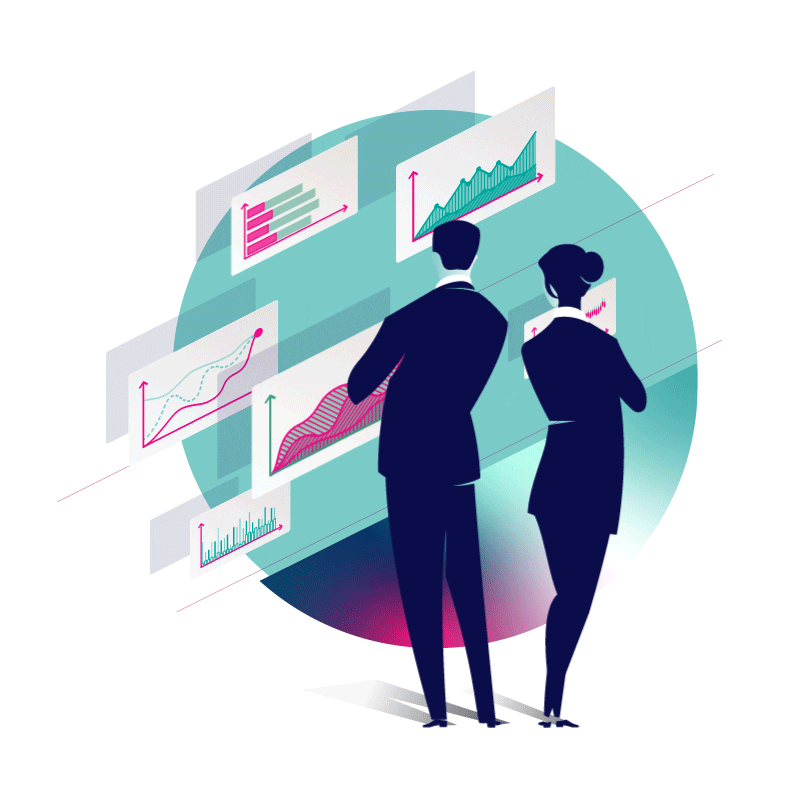Python for Data Science: 5 Concepts You Should Remember
The cheat sheet is a helpful complement to your learning since it provides the fundamentals, which are organized into five sections, that any novice needs to know to get started on data analytics courses online with Python. When learning data science, you should also have python training. Here are the main concepts.
5 concepts in Python for Data Science
- Variables and data types: Before you begin learning Python, you must first understand variables and data types. That should come as no surprise, given that they form the foundation of all programming languages.
Variables are used by the computer program to name and store a value for subsequent usages, such as reference or modification. You assign a value to a variable to save it. This is known as variable assignment, and it entails setting or resetting the value stored in one or more places identified by a variable name.
-
- String instruments: Strings are a fundamental building component of computer languages in general, and Python is no exception. When it comes to dealing with strings, you’ll need to understand a few string operations and procedures.
- Lists: Lists, on the other hand, will appear to be more useful right away. Lists are used to keep track of an ordered collection of elements that may or may not be of distinct sorts. Commas divide the elements into a list, which is encased in square brackets.
- Tuple: A tuple is an ordered collection of immutable objects. Tuples are lists of sequences. Tuples and lists vary in that tuples cannot be altered, although lists may, and tuples use parentheses while lists use square brackets.
- Dictionaries and Libraries: Python dictionaries allow you to link together disparate pieces of data. In a dictionary, each item of data is kept as a key-value pair. Python returns the value associated with a key when you specify one. All key-value pairs, all keys, and all values may be traversed. When you’ve mastered the fundamentals of Python, though, it’s time to move on to the Python data science libraries. You should look at pandas, NumPy, scikit-learn, and matplotlib, which are the most popular.
Installing Python
If you haven’t already, you should install Python now that you’ve covered some of the fundamentals. Consider installing Anaconda or another Python distribution. It is the most popular open data science platform, and it is based on Python. The most significant benefit of installing Anaconda is that you have immediate access to over 720 packages that can be installed via conda.
However, a dependency and environment manager, as well as Spyder’s integrated development environment, are included (IDE). As if these tools weren’t enough, you also receive the Jupyter Notebook, an interactive data science environment that lets you utilize your favorite data science tools while easily sharing your code and analyses. In a nutshell, everything you’ll need to get started with Python data science!
After you’ve imported the libraries you’ll need for data science, you’ll probably need to import the NumPy array, which is the most significant data structure for scientific computing in Python.
Conclusion
Here at Imarticus, we offer python training and tools to learn data science via our data analytics courses online. Come visit us today and start your career in data science online.
Related Articles:
Python Coding Tips For Beginners
Python For Beginners – What Is Python And Why Is It Used?



 In simple words, data analytics is a data-driven approach to help you make better decisions. It helps organizations detect, assess, and prevent fraud in 2021.
In simple words, data analytics is a data-driven approach to help you make better decisions. It helps organizations detect, assess, and prevent fraud in 2021. 

 As a result of this, there’s a high demand for professionals with the data analytical skillset. There are
As a result of this, there’s a high demand for professionals with the data analytical skillset. There are  Knowing the need for new-age careers & the potential of online education, Imarticus offers
Knowing the need for new-age careers & the potential of online education, Imarticus offers 



 Well, Imarticus provides the
Well, Imarticus provides the 
 With more students and professionals active online, the need for online tools and platforms is growing, and this has led to the demand for an intense expansion of their talent pool.
With more students and professionals active online, the need for online tools and platforms is growing, and this has led to the demand for an intense expansion of their talent pool. Data science is one of those areas not affected by COVID-19. In fact, the pandemic and the enforced stay-ins have resulted in an increased demand for data scientists. If you are a new graduate, take this opportunity to make the most out of the current market situation.
Data science is one of those areas not affected by COVID-19. In fact, the pandemic and the enforced stay-ins have resulted in an increased demand for data scientists. If you are a new graduate, take this opportunity to make the most out of the current market situation.
 Believe it or not, professionals who have undergone a
Believe it or not, professionals who have undergone a  Business analysis is definitely one of the best options for freshers. Luckily for them, there are a number of
Business analysis is definitely one of the best options for freshers. Luckily for them, there are a number of 


 The
The  The program not only prepares you for a future career in credit risk underwriting but also provides placement services to help you build a substantial career in this field.
The program not only prepares you for a future career in credit risk underwriting but also provides placement services to help you build a substantial career in this field. Afterward, the shortlisted 25 essays will be featured on Imarticus Learning’s social media handles. The top 4 essays that will generate the maximum engagements from audiences will be offered 100% paid scholarships for the Prodegree programs.
Afterward, the shortlisted 25 essays will be featured on Imarticus Learning’s social media handles. The top 4 essays that will generate the maximum engagements from audiences will be offered 100% paid scholarships for the Prodegree programs.